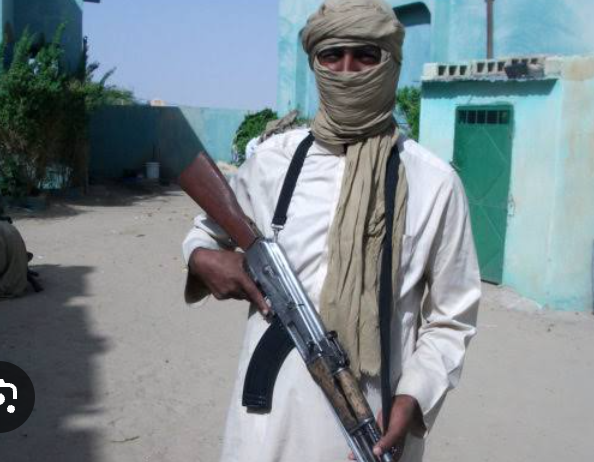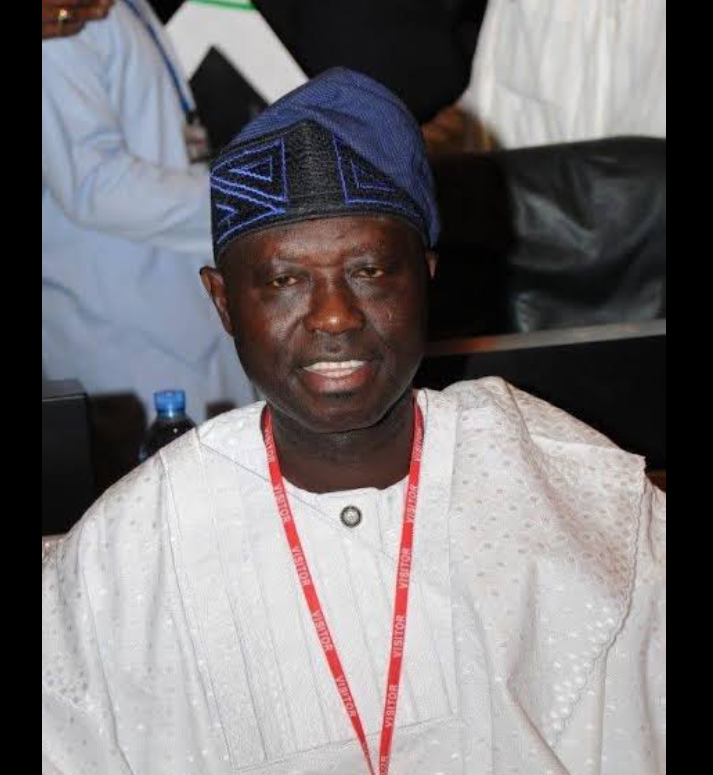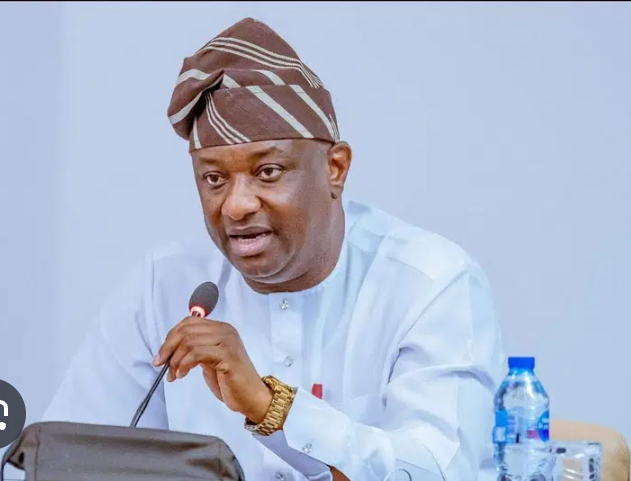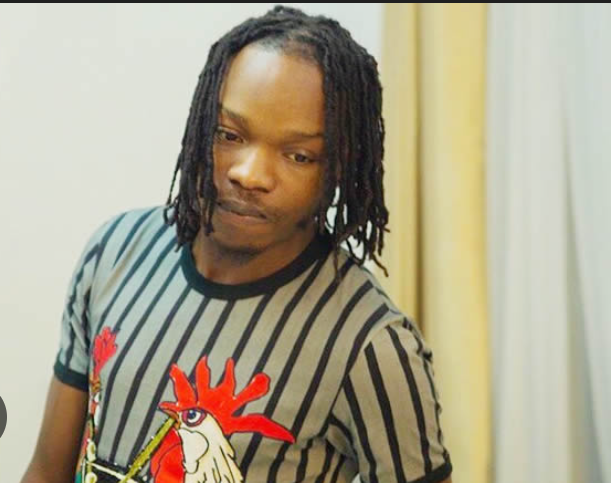

In a statement that has ignited controversy across the nation, a prominent pastor has made bold claims about the ongoing insurgency in the North, accusing influential figures of being complicit in the violence that has plagued the region for over a decade. Speaking to a gathering of church members, the pastor did not mince words, asserting, “The character of Musl!ms that is in the North is terr!ble, the attackers are being sponsored by the people in power, I know their secrets and the Boko Haram meetings.”
The pastor, who has remained a polarizing figure in religious circles, painted a vivid picture of a conspiracy that reaches the highest echelons of power. According to him, Boko Haram, the Islamist militant group responsible for thousands of deaths, kidnappings, and widespread displacement, does not operate in isolation. He suggested that the militants are being funded, guided, and shielded by politicians and community leaders who, he claims, have a vested interest in maintaining chaos in parts of Northern Nigeria.
“The people who are supposed to protect us are the same ones making sure the terror continues,” he said, his voice laden with both anger and urgency. The pastor did not name specific individuals but hinted that several well-known political figures are in direct contact with the insurgents, attending secret meetings that determine attack strategies. His comments have sparked a heated debate on social media, with many questioning the validity of his claims while others are praising him for speaking out on a matter that has long been shrouded in silence and fear.
Observers note that this is not the first time religious leaders have accused political actors of being linked to insurgent activities in Northern Nigeria. Over the years, multiple reports have surfaced suggesting that corruption, neglect, and political opportunism have created an environment in which extremist groups can thrive. However, explicit allegations tying government officials to the Boko Haram network have rarely been made in such public, uncompromising terms.
The pastor’s statement comes at a particularly sensitive time. The region has experienced a resurgence of attacks on villages, schools, and marketplaces, despite ongoing military operations aimed at curbing the insurgency. Civilians continue to flee their homes, with many ending up in overcrowded displacement camps with limited access to food, water, and healthcare. The pastor’s words have only heightened fears that the situation may be more deeply entrenched than previously thought, with political interests potentially complicating efforts to restore peace.
In addition to naming politicians, the pastor criticized Northern Muslim leaders for what he described as a failure of moral responsibility. “Their character is such that they allow evil to flourish among their own people,” he said, suggesting that local authorities turn a blind eye to the activities of extremist factions. He claimed that in some instances, these leaders have even provided resources to the attackers or obstructed the efforts of security agencies attempting to intervene.
The pastor’s comments have prompted immediate reactions from both religious and political communities. Some Christian leaders have expressed solidarity, framing his statements as a courageous attempt to expose uncomfortable truths. “It takes guts to speak against those who have power and influence,” said one church official, who requested anonymity. “We must support those willing to shed light on the darkness that has held our nation hostage for too long.”
Meanwhile, political analysts have called for caution in interpreting the pastor’s words. They argue that while his claims are sensational and alarming, they require rigorous verification before any conclusions can be drawn. “Statements like these can inflame tensions and create divisions if not handled responsibly,” said Dr. Amina Yusuf, a political commentator specializing in Nigerian security affairs. “It is critical to separate facts from accusations, especially when discussing matters that can impact national security and interfaith relations.”
Social media has exploded with reactions to the pastor’s remarks. On Twitter, hashtags related to the statement trended within hours, with users taking both sides of the debate. Some commenters lauded the pastor for his bravery, claiming that many Nigerians have long suspected collusion between the insurgents and the elite. Others condemned him for what they see as an inflammatory and reckless generalization that unfairly paints the Northern Muslim community with a broad brush.
Security agencies have yet to respond publicly to the pastor’s allegations. Historically, the military and police have often refrained from commenting on claims of internal complicity in insurgent attacks, citing the need for investigations and confidentiality. Observers note that a response—or lack thereof—could significantly influence public perception, either lending credibility to the pastor’s claims or dismissing them as hearsay.
Experts warn that such statements, though sensational, must be carefully contextualized. Boko Haram and its offshoots, including Islamic State West Africa Province (ISWAP), are complex organizations with both local and international networks. The suggestion that government actors could be directly involved in sponsoring attacks would, if proven true, represent a serious breach of national security and public trust. It would also complicate international support and intervention efforts aimed at curbing terrorism in the region.
For ordinary Nigerians, the pastor’s declaration reinforces a sense of vulnerability that has persisted for years. Communities ravaged by repeated attacks are often left feeling abandoned by both the state and religious authorities. The pastor’s narrative, while shocking to some, echoes the fears of countless residents who have witnessed the cyclical nature of violence firsthand. Many are now calling for independent investigations to uncover the truth behind these claims, emphasizing that transparency and accountability are crucial to ending the cycle of terror.
In response to the uproar, interfaith organizations are urging calm and dialogue. They stress that while accountability is essential, public accusations must be handled responsibly to prevent further sectarian tension. The dialogue has already started to gain momentum, with religious leaders from various communities calling for collaborative approaches to address security challenges while maintaining social cohesion.
As Nigeria continues to grapple with insurgency, corruption, and political instability, statements like those from the pastor are likely to reverberate across the country. Whether his claims will lead to meaningful investigations or simply fuel debate remains to be seen. What is undeniable, however, is that the issues he raised strike at the heart of some of the nation’s most pressing challenges—trust in leadership, the effectiveness of security institutions, and the safety of ordinary citizens.
The pastor concluded his speech by urging Nigerians not to turn a blind eye to what he described as the “hidden truths” of Northern insurgency. “We must speak, we must act, and we must not allow evil to continue under the guise of authority,” he declared, a warning that many hope will catalyze action rather than division.
As the nation digests these controversial remarks, the coming days may reveal whether the pastor’s allegations are a spark for genuine inquiry or another episode in the ongoing struggle to understand and combat terrorism in Nigeria. Regardless of one’s stance, the statements have undeniably reignited discussions about power, complicity, and the long road toward peace in the country’s most troubled regions..
“The character of Musl!ms that is in the North is terr!ble, the attackers are being sponsored by the people in power, I know their secrets and the Boko haram meetings”
— Nigeria Stories (@NigeriaStories) November 12, 2025
~ Pastor says pic.twitter.com/8iSrovyCI1


